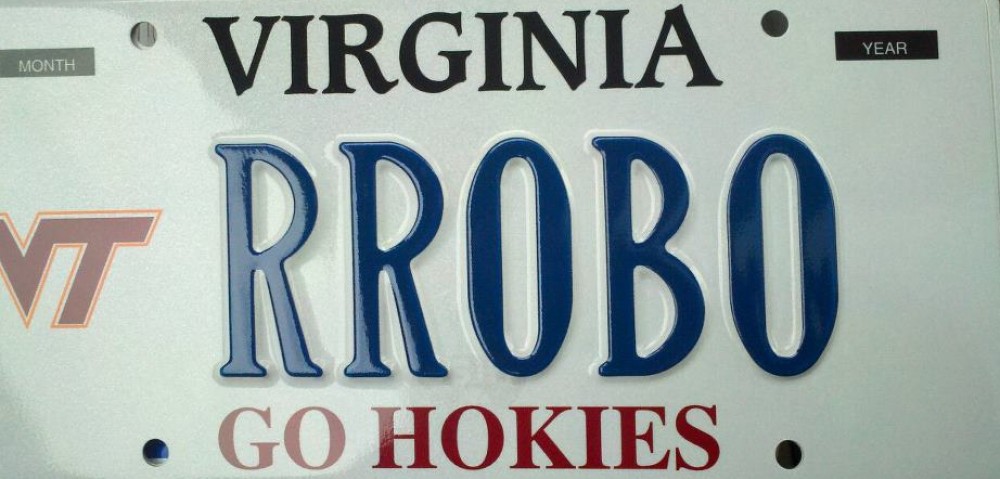Well, I guess my time as an domestic animal expert is coming to an end. So here are some of my final thoughts on the class as a whole as well as the ending projects:
In regards to the class:
If anyone is reading this and attends Virginia Tech (and enrolled in the honors program), I 100% recommend you take this class if you are looking for a colloquia class. What an experience this class was, learning about things I had no idea about. Some of the material was so intriguing that I couldn’t wait to read for the next week (and that’s saying something, I am not a huge fan of reading). I definitely would say Hunters, Herders, and Hamburgers was my favorite title we read this semester (although I know Bill would disagree, due to Bulliet’s “lack of credibility”). Regardless, his words really got me thinking, and I agree one hundred percent how the world is transferring into a post-domestic society.
Projects and classmates:
Erica- so. much. information. I envy your work ethic and how you love putting in the time and effort, it definitely shows. Good luck at JMU.
Camilla- Your knowledge on the horse before the research for your project was noticeable, you had great arguments to back up your points.
Casey- Bold strategy, going with the goldfish. I know I wouldn’t have been able to do it. And you pulled it off, revealing a good project.
Bill- The honeybee, another bold move. You financial wit and input kept me entertained this year, good luck with law school.
Chris- Your cat project had me cracking up, as well as filling me with useful information on the feline. We should jam sometime dude, always down to play some music.
Ben- The reindeer was fun to read about, and I’m sure you enjoyed reading that book we had to get. I ended up saving that one too, I’m going to complete it over the summer, you persuaded me.
Connor- Dude your pigeon information was very detailed, I had no idea how much the pigeon did for the human!
Finally,
Ms. Nelson, thank you so much for s great semester. This class wouldn’t have been what it was without you (obviously). Keep doing what you’re doing, because I guarantee that majority of your students have nothing negative to say about you, or your teaching style, etc. You kept discussions engaging, and were very lenient about blogging and all that. I hope to take another one of your classes before the end of my undergrad career.
A final farewell class, love you all,
-Robo

